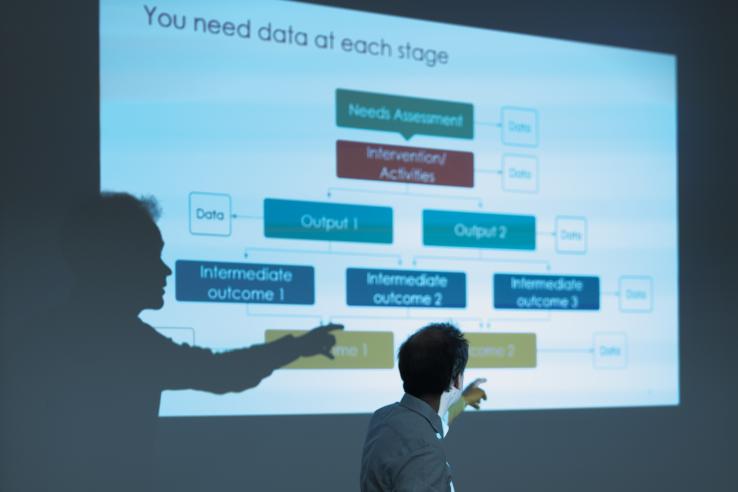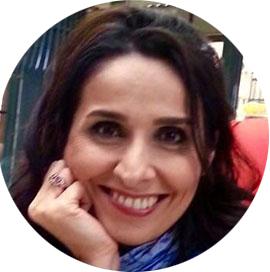Randomised Evaluations of Humanitarian and Protection Programming: What Can We Learn and How?

Conflict and crisis situations threaten the lives and basic rights of individuals, and present obstacles to both the fulfilment of basic needs and inclusive economic development. An estimated 274 million people will require humanitarian assistance in 2022 (OCHA 2021) and the scale of these needs will likely grow, in particular as global warming leads to further disasters, displacement, and potential conflict. Yet, rigorous evidence on how humanitarian assistance can be delivered effectively, and in a manner that can durably meet the needs and protect the rights of affected populations, is scarce. To help fill this evidence gap, J-PAL Europe is developing a long-term research effort with the intention to identify effective models of humanitarian programming and improve protection outcomes.
As part of this effort, on 12 April we are publishing a learning agenda, developed in consultation with implementing organisations and policymakers, as well as building on existing research, to identify evidence gaps and evaluation needs in the humanitarian space. We hope this document will help orient subsequent research efforts.
In this webinar, J-PAL's Humanitarian Initiative co-chairs, Sule Alan and Luc Behaghel, and staff will be joined by donors and humanitarian practitioners to discuss the role of research in the humanitarian field, where research is needed, and what we can hope to learn from randomised evaluations in this space.
Speakers
 |
Sule Alan Sule Alan is a professor of economics at the European University Institute in Florence, Italy and an adjunct professor at Bilkent University, Turkey. Her research primarily focuses on topics around household finance and household behaviour. She has been conducting large-scale educational interventions across Turkey in collaboration with the Turkish Ministry of Education, Bilkent University, ING Bank, and Regional Environment Centre. |
 |
Deborah Baglole Originally trained as a nurse, Deborah has worked in the humanitarian sector since 1994. Initially working for NGOs in the health field in contexts such as Azerbaijan, Angola and South America, in 2005 she joined the (then) DFID’s humanitarian operational response team. Since 2011 Deborah has worked as a humanitarian adviser in the FCDO on protection policy and now protection research. |
 |
Luc Behaghel Luc Behaghel is a professor at the Paris School of Economics, researcher and director of research at the National Institute for Agricultural Research (INRA), IZA Research fellow, co-director of CEPREMAP's Labor programme, and a CREST affiliate. His research interests range from labour market and education policies to rural development issues. |
 |
Cillian Nolan Cillian Nolan is the director for policy at J-PAL Europe, hosted by the Paris School of Economics. He leads J-PAL Europe’s policy team in efforts to bring together governments, donors, civil society organisations and J-PAL affiliated researchers to promote the use of evidence in decision-making, as well as to synthesise lessons from randomised evaluations of social programmes in Europe and beyond. He also advises on J-PAL’s work on Crime, Violence and Conflict, a stream of work he managed from 2017–2019. |
 |
Theresa Stienen Theresa Stienen is a policy manager at J-PAL Europe where she works on promoting the generation and use of evidence in the humanitarian sector. Prior to joining J-PAL in 2021, she held programme management and advocacy positions at NGOs and worked on humanitarian assistance and human rights in the Middle East, North Africa, Europe, and the Sahel. |
 |
Fiona Terry Fiona Terry currently leads the new Centre for Operational Research and Experience (CORE) at the International Committee of the Red Cross (ICRC) after working in humanitarian operations for over two decades. She holds a PhD in international relations from the Australian National University and is the author of Condemned to Repeat? The Paradox of Humanitarian Action, which won the Grawemeyer Award for Ideas Improving World Order. |